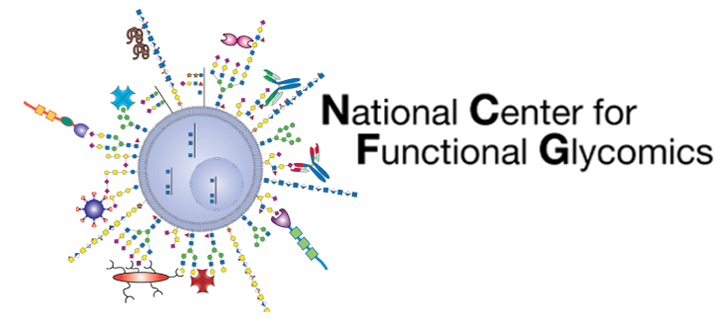Schneider C, Smith D, Cummings R, Boligan KF, Hamilton R, Bochner B, Miescher S, Simon H-U, Pashov A, Vassilev T, et al. The human IgG anti-carbohydrate repertoire exhibits a universal architecture and contains specificity for microbial attachment sites.. Sci Transl Med. 2015;7(269):269ra1.
Abstract
Despite the paradigm that carbohydrates are T cell-independent antigens, isotype-switched glycan-specific immunoglobulin G (IgG) antibodies and polysaccharide-specific T cells are found in humans. We used a systems-level approach combined with glycan array technology to decipher the repertoire of carbohydrate-specific IgG antibodies in intravenous and subcutaneous immunoglobulin preparations. A strikingly universal architecture of this repertoire with modular organization among different donor populations revealed an association between immunogenicity or tolerance and particular structural features of glycans. Antibodies were identified with specificity not only for microbial antigens but also for a broad spectrum of host glycans that serve as attachment sites for viral and bacterial pathogens and/or exotoxins. Tumor-associated carbohydrate antigens were differentially detected by IgG antibodies, whereas non-IgG2 reactivity was predominantly absent. Our study highlights the power of systems biology approaches to analyze immune responses and reveals potential glycan antigen determinants that are relevant to vaccine design, diagnostic assays, and antibody-based therapies.
Last updated on 03/06/2023
